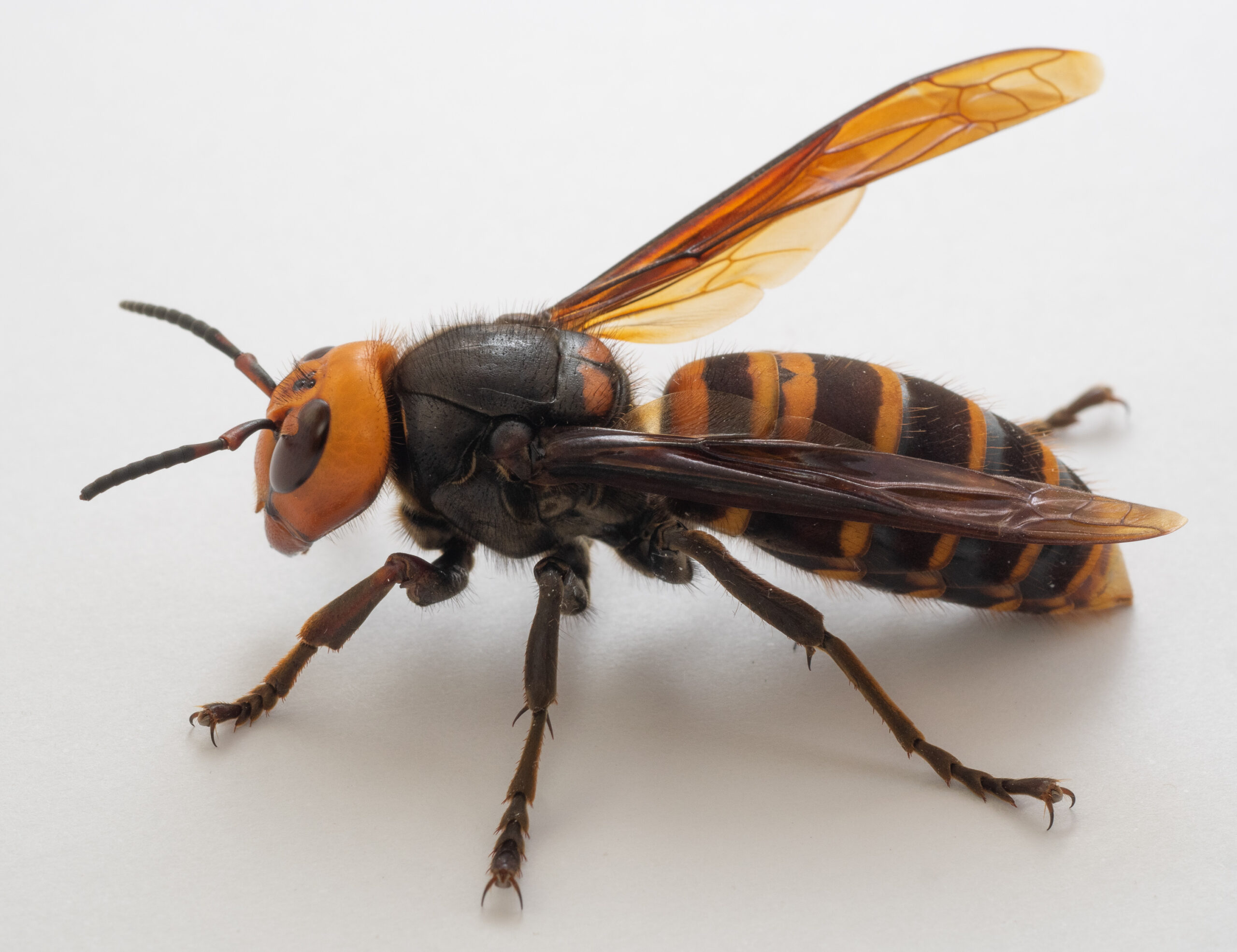Allergies to Insect Stings

What are the symptoms of an insect bite allergy?
An insect bite allergy, also known as insect bite hypersensitivity or insect allergy, is a condition where the body’s immune system overreacts to the saliva, venom, or other components of an insect’s bite. The symptoms can vary depending on the severity of the reaction and the individual’s sensitivity to the insect’s bite. Here are some common symptoms of an insect bite allergy:
- Hives: Red, itchy, and swollen patches on the skin, often in a linear or irregular pattern.
- Wheezing: Difficulty breathing due to constricted airways.
- Swelling: Swelling of the face, lips, tongue, or throat.
- Itching: Intense itching at the bite site or elsewhere on the body.
- Redness and inflammation: Redness, swelling, and inflammation around the bite site.
- Blisters: Small blisters or vesicles at the bite site.
- Rash: A general rash or redness over the skin.
- Fever: Mild fever or chills.
- Anaphylaxis: In severe cases, anaphylaxis can occur, which is a life-threatening allergic reaction that can cause:
- Constriction of airways
- Rapid heartbeat
- Dizziness or fainting
- Nausea and vomiting
Other symptoms that may occur in people with an insect bite allergy include:
- Stinging pain: Painful stinging sensation at the bite site.
- Burning sensation: Burning or tingling sensation at the bite site.
- Fatigue: Feeling tired or exhausted.
- Muscle weakness: Muscle weakness or stiffness.
- Abdominal cramps: Cramping or pain in the abdomen.
If you experience any of these symptoms after an insect bite, it’s essential to consult your healthcare provider immediately. If you have a history of severe reactions to insect bites, always carry an EpiPen with you and know how to use it properly.
What are the causes of an insect bite allergy?
An insect bite allergy is an immune system reaction to the saliva, venom, or other components of an insect’s bite. The exact causes of an insect bite allergy are not fully understood, but several factors are thought to contribute to the development of an allergy:
- Genetic predisposition: Some people may be more likely to develop an insect bite allergy due to their genetic makeup.
- Previous exposure: If you have been bitten by an insect before, your body may have developed an immune response to the insect’s saliva or venom.
- Immunoglobulin E (IgE) antibodies: IgE antibodies are a type of antibody that plays a key role in the development of allergic reactions. If you have high levels of IgE antibodies against an insect’s saliva or venom, you may be more likely to develop an allergic reaction.
- Insect species: Different insects can trigger different allergic reactions. For example, bites from fire ants, yellow jackets, and hornets can cause severe reactions in some people.
- Viral or bacterial infections: Infections can trigger an allergic reaction or make an existing allergy worse.
- Stress: Stress can exacerbate an existing allergy or trigger a new one.
- Environmental factors: Exposure to environmental factors like pesticides, pollution, or certain chemicals can increase the risk of developing an insect bite allergy.
Some specific insects that are known to trigger allergic reactions include:
- Fire ants: Fire ants (Solenopsis invicta) are native to South America but have been introduced to other parts of the world and can cause severe allergic reactions.
- Yellow jackets: Yellow jackets (Vespula spp.) are common in North America and can cause painful stings and allergic reactions.
- Hornets: Hornets (Vespa spp.) are found in many parts of the world and can cause severe allergic reactions.
- Mosquitoes: Mosquitoes (Culicidae) are known for their ability to transmit diseases like malaria, but they can also trigger allergic reactions.
If you experience an allergic reaction to an insect bite, it’s essential to seek medical attention immediately to receive appropriate treatment and prevent further complications.
What is the treatment for an inspect bite allergy?
The treatment for an insect bite allergy typically involves relieving symptoms and managing the allergic reaction. Here are some common treatments:
- Antihistamines: Antihistamines, such as diphenhydramine (Benadryl), can help relieve itching, redness, and swelling.
- Steroid creams: Topical steroid creams, such as hydrocortisone, can help reduce inflammation and itching.
- Oral corticosteroids: In severe cases, oral corticosteroids like prednisone may be prescribed to reduce inflammation and swelling.
- Epinephrine injectors: In cases of anaphylaxis, epinephrine injectors like EpiPen or Auvi-Q can be used to reverse the reaction.
- Antibiotics: If the bite becomes infected, antibiotics may be prescribed to treat the infection.
- Pain relief: Over-the-counter pain relievers like acetaminophen (Tylenol) or ibuprofen (Advil) can help relieve pain and discomfort.
- Wound care: Cleaning and dressing the wound can help prevent infection and promote healing.
- Cold compresses: Applying a cold compress to the affected area can help reduce swelling and itching.
In addition to these treatments, there are some lifestyle changes that can help manage an insect bite allergy:
- Avoiding insect bites: Taking steps to avoid insect bites, such as wearing protective clothing and applying insect repellent, can help prevent allergic reactions.
- Staying calm: Panic and anxiety can exacerbate an allergic reaction, so staying calm and composed can help manage symptoms.
- Monitoring symptoms: Keeping track of symptoms and reporting them to a healthcare provider can help identify potential complications and adjust treatment accordingly.
- Carrying emergency medications: Carrying epinephrine injectors or other emergency medications with you can help ensure prompt treatment in case of an allergic reaction.
It’s essential to work closely with a healthcare provider to develop a treatment plan that is tailored to your specific needs and symptoms.




